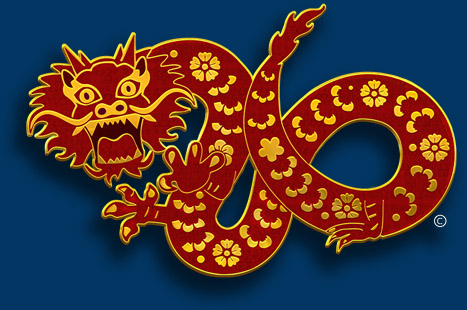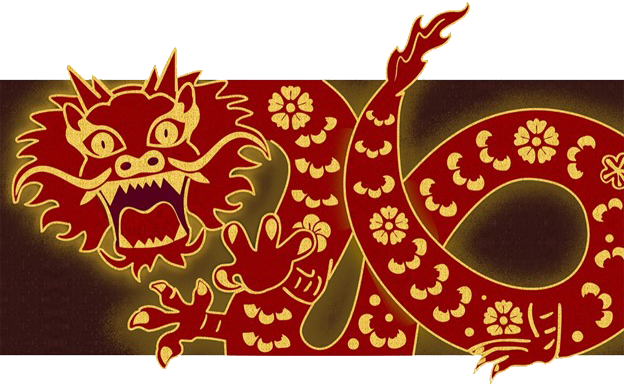Human Relationships Versus Fragmented Images
By Jeff Brooks
A traditional martial arts dojo is a cultural relic, but it is one very much relevant and needed today. As modern people we can seek satisfaction in ways that were impossible for most people throughout human history. But because of the way our modern life is arranged we are, at the same time, deprived of many of the good things people long ago took for granted. One is that we have lost the opportunity to share life with a group of people whose experiences, joys and struggles we share intimately.
Most of our relationships to others in modern life are not with whole people. We come in contact either with fragments of people, or with representations of people. Life in community with whole people, in the flesh, day in day out, whose lives and feelings matter to us, is something rare to encounter. Yet it is indispensable to a feeling of wholeness and fulfillment. The alternative is alienation, depression, anxiety – all the ills the modern world tries to medicate away – and with which so many people still suffer. We can cure them through sincere, ongoing dojo practice.
In our traditional karate dojo here in the wilds of Western Massachusetts, over years and now decades of practicing consistently with a group of people, we members have a feeling of connection with each other as a community. We practice with each other and we see each other under all sorts of conditions, pleasant and unpleasant and neutral. We see each other succeed at times and we see one another struggle and fail at times. We all have these ups and downs at times in the course of our lives and we share our experience of them. Even if we do not hang out socially or ever speak a word about what it is we are experiencing in our life of practice, we experience it as a shared life nevertheless.
When we interact with most people in our daily lives each relationship with a human being – pleasant, unpleasant or neutral as it may be – is shoehorned into a functional fragment. At the gas station, supermarket checkout, at the dentist, the accountant’s office, the police department, at school or work, most of the people we deal with most of the time remain in a way strangers to us. We know them only as their functions. We do not see them in other aspects of their lives. We do not see them interacting with their children, their friends, their spouses, their parents. So the warmth that might come from knowing them as people with whom we share something fundamental – living here and now – never arises.
We remain separate from them. Perhaps because of this separation people seem to treat each other pretty roughly and rudely. We tend to take each other for granted, or if you have lived in a big city long enough or commute to work in traffic or hurry along crowded streets, we even think of each other as nuisances. That doesn’t just hurt the people we are rude to on our busy way. It hurts us by creating in us a feeling of loneliness and separation.
Functional relationships with fragments of people is one of the unrecognized but profoundly affecting pathologies of the modernization of relationships. The other is that we are frequently in relationships with representations of people. We take these representations to be people, but they aren’t. For example, when we listen to a song we enjoy, what we think we are hearing are people playing instruments and singing. However, their technical skill and their emotional communication are what we respond to. But, when it is a live performance, or when a group of friends get together to play music, there is a genuine communion between people. But when you hear a song on the radio or on a CD, recorded in another place and time, you are not able to enter into an emotional communion with a person. You enter one with a representation of a person.
That may seem an obvious or trivial observation, but I think this fact has a profound influence on the way we feel in life. Because in communion all the people involved experience each other. And they are susceptible to change as a result. There is a giving and receiving and a sharing of emotion and of life that is mutual. All people involved are participants, everyone is respected, no one is left out of the transformative moment created by the communion of people through art. With a recording this is not the case. You have a feeling. Alone, anonymously. No one else can share it. A recording can feel nothing from you. We sense that fact as isolation, and when the recording ends, nothing is left for us, except to put on another recording or to feel empty. There is no reciprocation of affection. The movies, TV, magazines all work the same way. The celebrities get attention and money but also are isolated from most of the people they imagine they “touch.”
There are very few communities in the modern world in which people can live together. I do not mean “live together” as in either a commune or a corporation. I mean invest themselves in a whole-life undertaking to create lives that are strong, meaningful, complete, shared and aimed at perfection, and that extend to all ages, genders, social strata, and from generation to generation. A traditional karate or other martial arts dojo can offer this. This is certainly not the only way such a community can be created in the modern world, and it is not necessarily the way every dojo will function. But it is one way, and a way that works extremely well, to recover our humanity from the alienation and fruitless agitation built into modern urban and corporate relationships.
A few days ago I was participating in a training exercise with some military and law enforcement personnel. I could easily see in their relationships an unspoken trust, respect and community that is rare – great to encounter and even better to have as a part of your own life. If that kind of experience can be created not just among teammates, or people with temporary interests, but between whole communities of people – as is possible in a traditional martial arts dojo – then we can go a long way to restoring ourselves, our families and communities to health.
Jeffrey M. Brooks
Jeff Brooks (9th dan), began martial arts training in 1978 and opened his first karate dojo in Northampton, MA (1988 through 2009), while also conducting self-defense seminars, professional programs in combative skills and served as a regular contributor on Zen and karate-related topics to FightingArts.com.
Jeff then moved to South Carolina and started a career in law enforcement, serving as a police officer, then detective, defensive tactics instructor, firearms instructor, PPCT instructor, Deputy US Marshal, and Deputy Sheriff. After retirement, he founded Mountain Karate in Saluda, NC.
In karate Brooks received his 5th degree Black Belt from the Nagamine honbu dojo, his 7th degree black belt in 2004, and his 9th degree black belt in 2022, in recognition of his formation and leadership of Yamabayashi Ryu. He studied with leading teachers in Okinawan, Japanese, and Chinese traditions, in the US and overseas, including Katsuhiko Shinzato (the translator of Shoshin Nagamine’s Essence of Okinawan Karate Do, and formerly a student of the Kishaba brothers’ karate and kobudo); Sogen Sakiyama, Roshi (direct student of Miyagi Chojun, and practitioner of Goju-ryu karate); and Shoshin Nagamine (Chief of the Motobu District Police, Mayor of Naha, and founder of Matsubayashi Shorin Ryu).
Jeff Brooks has written hundreds of published articles on martial arts, and Zen and has been cited widely online and in print. He wrote speeches and presentations for high profile public figures in politics, media, business and the arts.
He is author of several books including “True Karate Dō”, available on Amazon.com
Search for more articles by this author:






